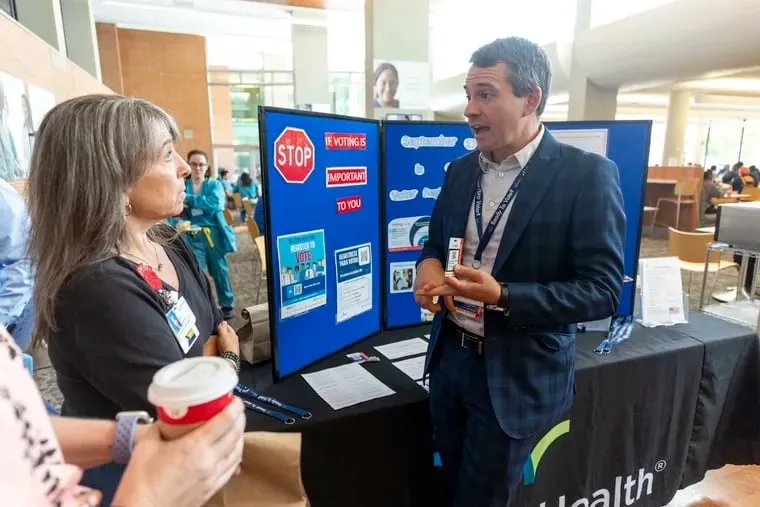Hospital Voter Registration Program: The Impact of Voting on Health

Hospital Voter Registration Program
The hospital voter registration program is an innovative initiative that seeks to improve health outcomes by encouraging patients to register to vote. By linking civic engagement with health, hospitals such as Penn Medicine, Jefferson Health, and Main Line Health are stepping in to ensure that patients have the opportunity to make their voices heard.
The Health-Electoral Connection
Numerous studies suggest a profound link between voter participation and health. Here are key points to consider:
- Increased Access to Health Resources: People who vote are more likely to advocate for health policies that benefit their communities.
- Improved Mental Well-Being: Civic engagement through voting can lead to a sense of purpose and community belonging.
- Social Determinants of Health: Voting affects local policies on healthcare access, education, and housing, which directly impact health.
How Hospitals Are Getting Involved
Hospitals are implementing strategies to facilitate voter registration:
- On-Site Registration: Patients can register to vote while receiving care.
- Voter Information Sessions: Educational programs inform patients about the registration process and its significance.
- Partnerships with Local Organizations: Collaborating with community groups to streamline the voter registration experience.
As civic engagement continues to evolve, the hospital voter registration program represents a landmark effort in promoting better health outcomes intertwined with an active participation in democracy.
Disclaimer: The information provided on this site is for informational purposes only and is not intended as medical advice. We are not responsible for any actions taken based on the content of this site. Always consult a qualified healthcare provider for medical advice, diagnosis, and treatment. We source our news from reputable sources and provide links to the original articles. We do not endorse or assume responsibility for the accuracy of the information contained in external sources.
This article was prepared using information from open sources in accordance with the principles of Ethical Policy. The editorial team is not responsible for absolute accuracy, as it relies on data from the sources referenced.